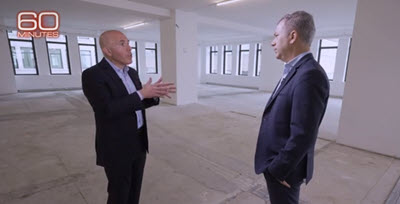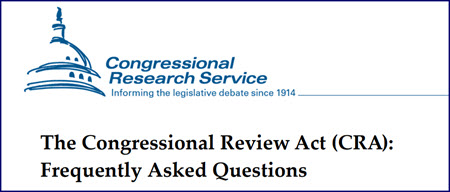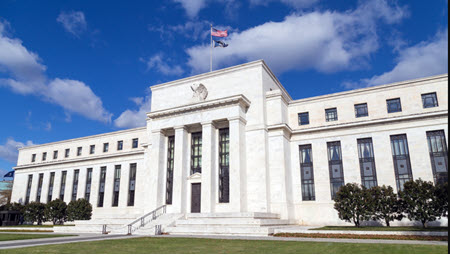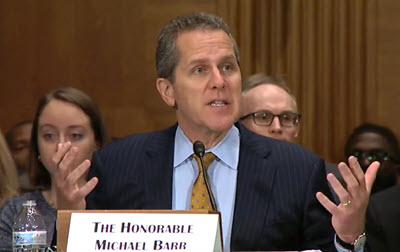
The Real Estate Roundtable has raised concerns about the negative impact that the “Basel III Endgame” regulatory proposal would have on real estate credit and capital markets, urging federal banking regulators to withdraw their proposed rulemaking to increase capital requirements for banks with at least $100 billion in assets. The Roundtable’s letter Jan. 12 outlines how the proposal would decrease real estate credit availability, increase costs to commercial and multifamily real estate borrowers, and negatively impact the U.S. economy. (Roundtable comment letter)
Industry Opposition
- The Roundtable letter states, “The largest U.S. banks’ capital and liquidity levels have grown dramatically since the original Basel III standards were implemented in 2013 in response to the 2008 Global Financial Crisis. So it is not clear what problem regulators are trying to solve with this proposed capital hike.”
- The letter also noted that raising capital levels at the largest U.S. banks will only limit credit and feed a downward spiral that will put additional pressure on the financial system.
- Additionally, The Roundtable filed a Jan. 16 letter, along with a coalition of nine national industry trade groups in opposition to the proposal, citing its potential negative impact on available credit capacity for commercial real estate transactions, market liquidity, and economic growth. (Industry coalition letter)
Fed Weighing Possible Changes
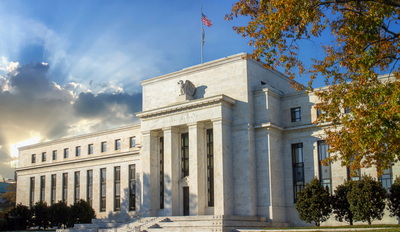
Federal Reserve officials are considering possible adjustments to key parts of the proposal, “including operational risk calculations and potential offsets for mortgage servicing,” according to the Federal Reserve’s Vice Chair for Supervision Michael Barr. “The public comment(s) that we’re getting on this is really critical for us getting it right. We take it very, very seriously,” Barr said. (Reuters and PoliticoPro, Jan. 9)
- In Oct. 2023, the Federal Reserve, FDIC, and OCC extended the comment period on the 1,100-page proposed Basel III rulemaking to Jan. 16, 2024. (Roundtable Weekly, Oct. 27)
- The Roundtable joined a coalition of 17 national trade associations in a letter to the Federal Reserve to oppose the proposal on Nov. 14. (U.S. Chamber of Commerce-led coalition letter, Nov. 14 and Axios, Nov. 16)
- Real Estate Roundtable President and CEO Jeffrey DeBoer also stated in a March 2023 comment letter to Barr and other key regulators, “At this critical time, it is important that the agencies do not engage in pro-cyclical policies such as requiring financial institutions to increase capital and liquidity levels to reflect current mark to market models. These policies would have the unintended consequence of further diminishing liquidity and creating additional downward pressure on asset values.”
Wave of Impending CRE Maturities
- This month’s Roundtable and industry coalition letters emphasize the banking proposal’s negative impact on real estate. The regulators estimate their own proposal would raise capital on the target institutions by 16% on average, which could have a profoundly negative impact on the availability of credit for commercial and multifamily real estate development—especially as interest rates remain high and the need for more affordable housing continues to grow.
- The coalition letter also notes that the commercial and multifamily real estate industry is a $20 trillion dollar market supported by $5.82 trillion of commercial real estate debt, of which 50% is held by commercial banks.
- Of that total debt, more than $2 trillion of CRE loans are maturing over the next four years. The letters address how the risks of raising capital levels at the largest U.S. banks would limit credit and exert downward pressure on the financial system.
National Media Reports Focus on CRE Pressures
- This week, The Wall Street Journal reported on the impending wave of commercial real estate debt, which increases “the prospect of a surge in defaults as property owners are forced to refinance at higher rates.” The article also cited Trepp data showing that $602 billion in total debt backed by office buildings and other commercial real estate comes due in 2027. (WSJ, Jan. 16)
- Additionally, CBS’ 60 Minutes on Jan. 14 televised a report on the pressures facing CRE that featured Roundtable Board Member Scott Rechler (Chairman and CEO, RXR), above left. “This post-COVID world of higher interest rates, the changing nature of how people work and live, we’re not going back to where we were,” Rechler said. “And it’s going to be turbulent.”
- The CRE industry’s concerns about the wave of maturing debt was addressed in a Dec. 18 op-ed in the Urban Land Institute’s UrbanLand by Roundtable Senior Vice President Clifton E. Rodgers, Jr. (“Finding Liquidity: Regulatory Agencies Should Exercise Caution to Prevent a Perfect Storm”)
Capital and credit issues facing CRE will be a focus of discussion at next week’s all-member Roundtable State of the Industry meeting on Jan. 23-24 in Washington, DC.
# # #
